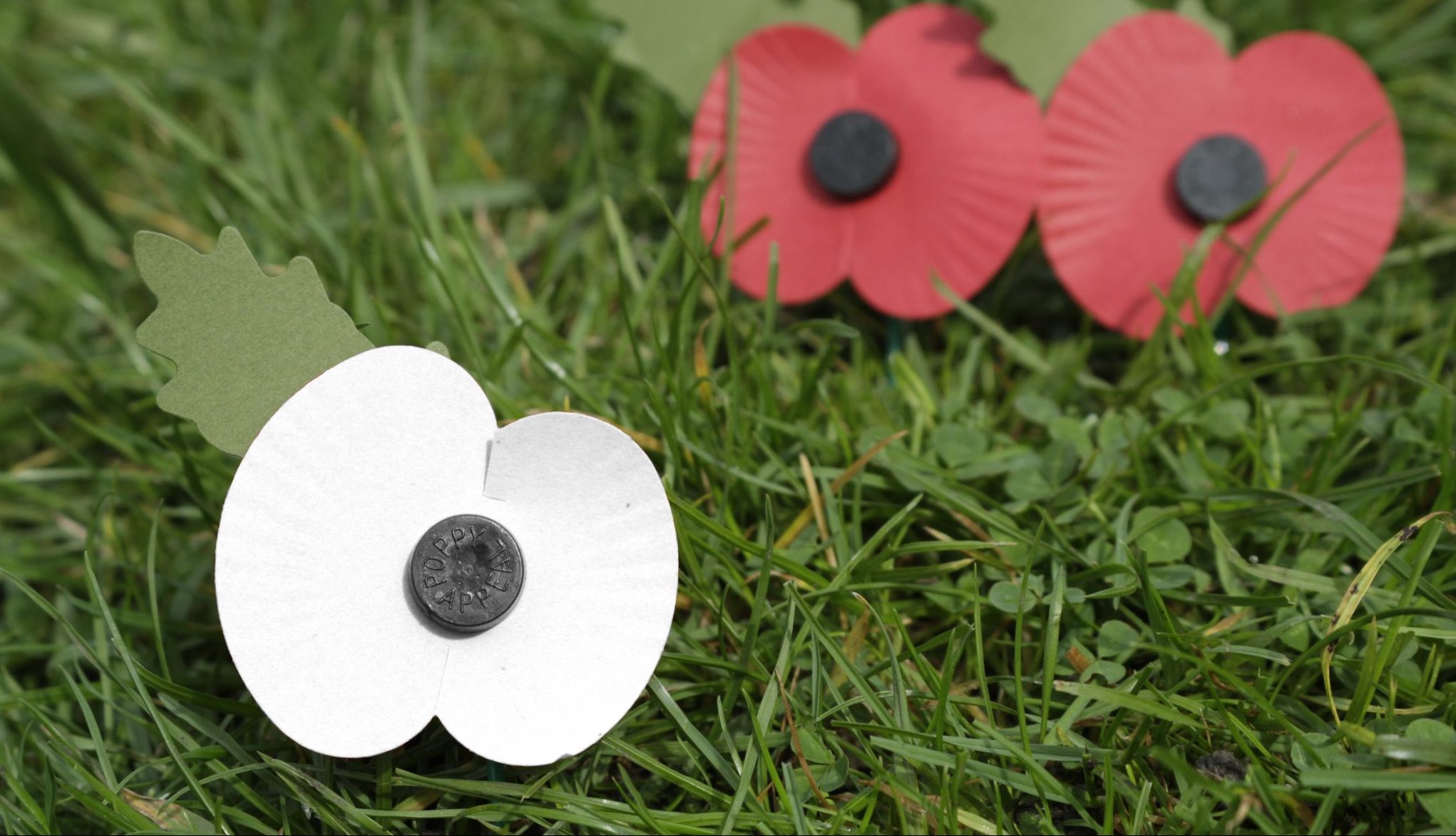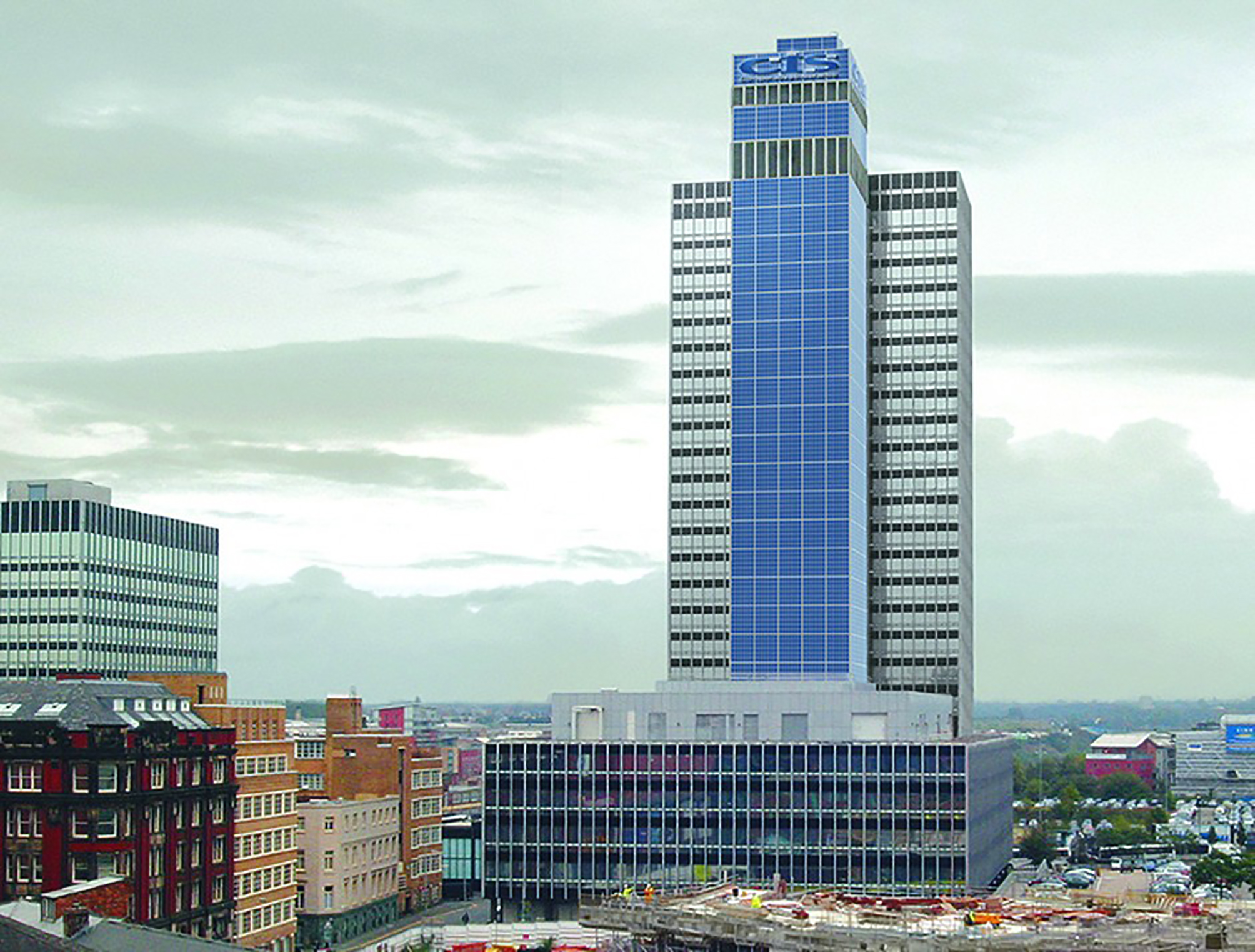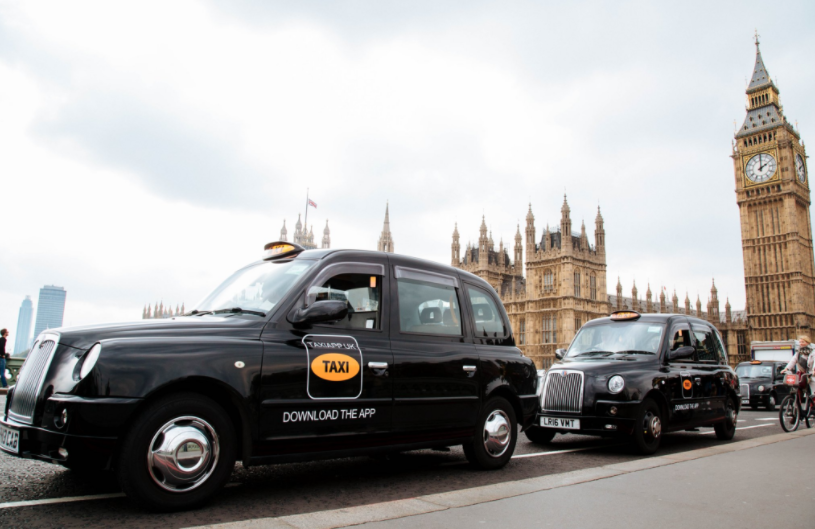1. Co-op Bank – in trouble again? (February)
Speculation has intensified over recent days about the future of the Co-operative Bank. According to the Times and the Sunday Times, the Bank may be forced to close, or sell its operations. The spark for this latest bout of bad news has been a statement from the Bank about its capital position. At present the Bank meets the minimum capital target it set for itself – 10% common equity tier 1 (CET1) – an important measure of its financial strength and above the regulatory requirement of 6%.
2. Distribution of white poppies in schools causes controversy (October)
A project aiming to encourage schools to teach children about white poppies has attracted criticism from a retired British army officer. First worn by the members of the Women’s Co-operative Guild in 1933, the white poppies have become a symbol of peace and a call to resist war. In 1936 the white poppy was adopted by the Peace Pledge Union (PPU), the oldest secular pacifist organisation in Britain, which now coordinates the initiative.

3. FairCoin activates the world’s first ‘co-op’ blockchain (July)
Blockchain technology is gaining a co-operative dimension. The innovation – the world’s first co-operative blockchain comes from cryptocurrency FairCoin, after two years of development and testing. FairCoin, the co-operative version of Bitcoin, has made the leap by creating an algorithm based on mining processes that rely on a proof of co-operation. What does this mean? Usually when a Bitcoin blockchain transaction is carried out it is grouped together in a cryptographically protected block with other transactions that have occurred around the same time.
4. Actor Michael Sheen on co-ops and building a fairer economy (July)
He is well known for playing Tony Blair in The Queen, David Frost in Frost/Nixon and Brian Clough in The Damned United (2009) – but Welsh actor Michael Sheen is also a social activist, joining the call for a better economy. Last week he attended the annual Co-operative Congress in Wakefield, organised by Co-operatives UK, as an individual delegate. “It has been really fascinating – there is so much information and I just want to hear more and more, going into more depth,” he said.

5. Manchester’s iconic CIS Tower sold (May) (May)
NOMA, the joint venture between Hermes Investment Management and the Co-op Group, has sold the CIS Tower. Contracts have been exchanged with Castlebrooke Investments for the sale of the Manchester building, for a purchase price in excess of the £65m guide price. The Group and Co-operative Bank will remain as tenants in the building. The 387ft skyscraper was built between 1959 and 1962 to showcase the co-operative movement in Manchester. It was the country’s tallest office building at the time of completion, and has 388,000 sq ft of office space over 28 floors on a 1.5-acre site.s.coop/2017top5
6. Regional closures and potential job losses as independents commit to Group’s supply chain (July)
Two independent retail societies have announced they intend to fully join the National Integrated Supply Chain operated by the Co-op Group, which will supply their stores with all fresh, frozen and ambient products. Under a historical agreement, the Group supplies East of England and Lincolnshire co-operatives with fresh and frozen products, but until now the societies have maintained their own independent distribution of ambient goods (food that can be safely stored at room temperature in a sealed container). This move, which would see the Group distributing ambient goods to them too, could result in the combined closure of three distribution centres and over 280 job losses.
7. Stop Funding Hate steps up campaign on Co-op advertising in the Mail, Sun and Express (March)
Campaign group Stop Funding Hate has repeated its call for the Co-op Group to stop advertising in the Daily Express, Sun and Daily Mail. In a letter sent on behalf of members to new chief executive Steve Murrells, it asks the co-operative to stop advertising in those publications for their coverage of refugees, immigrants, Muslims and other minorities. Co-op Food and Co-op Insurance advertise regularly in the Daily Express, which SFH says is “notorious for its relentless campaign against minority groups”.
8. Taxiapp: London’s black cab co-op alternative to Uber (September)
TFL announced it will not be renewing Uber’s licence with the ride-hailing app ‘not fit and proper’ to operate in London. The decision has raised questions over the future of the city’s transport options, however Taxiapp London offers a new, sustainable model run solely by a group of taxi drivers. Sean Paul Day, Taxiapp London founding member, said it is a “crucial time for tech start-ups like Taxiapp”.

9. 2017’s International Day of Co-operatives will celebrate inclusion (March)
The world’s co-operators will celebrate the global movement on 1 July – and this year the theme is inclusion. The theme for the United Nations International Day of Co-operatives was chosen by the Committee for the Promotion and Advancement of Co-operatives (COPAC), currently chaired by the International Co-operative Alliance. Inclusion is a reflection of the people-focused nature of co-ops, and is also intrinsic to the movement’s principles of voluntary and open membership, democratic member control and member economic participation.
10. Co-op Group to redistribute 20 million meals to good causes around the UK (March)
The Co-op Group has launched a food redistribution scheme which will benefit thousands of good causes and cut down on food waste. The initiative will operate in 2,500 towns and villages, and every postal area across the UK where the retailer has stores. The Group hopes to redistribute enough food to provide 20 million meals.
• More from 2017 at 2017 In Review